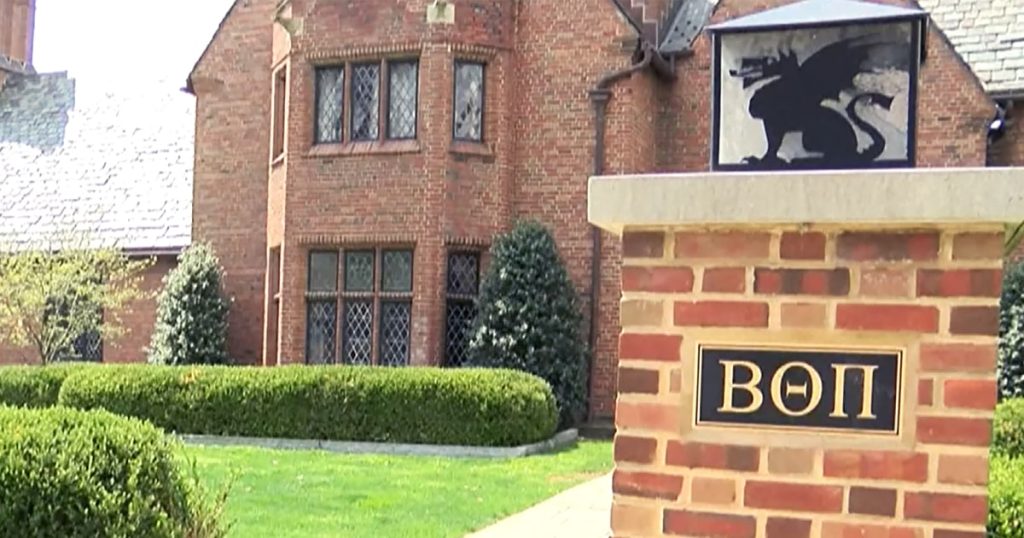Two former University of Pennsylvania students, Brendan Young and Daniel Casey, pleaded guilty to misdemeanor hazing and reckless endangerment in a case involving the death of a teenage pledge at the Beta Theta Pi fraternity chapter. The charges included one count each of reckless endangerment and 14 counts each of misdemeanor hazing, one for each pledge at the event in 2017. Timothy Piazza, a 19-year-old student, died two days after the event after being served 18 drinks in 82 minutes and suffering life-ending head and abdominal injuries.
The pledge event at the fraternity house reportedly included an alcohol-fueled “obstacle course.” Piazza was found unconscious in the basement the day after the event, but emergency responders were not called for 40 minutes. Piazza was a former high school football player and track team member. The Pennsylvania attorney general’s office prosecuted the case, and Attorney General Michelle Henry described Piazza’s death as a “tragic loss of life.” His death highlighted the dangers of hazing and underage drinking at fraternity events.
The death of Timothy Piazza led to the passing of the Timothy J. Piazza Antihazing Law in Pennsylvania, making hazing resulting in serious injury or death a felony. A total of 28 members of the Beta Theta Pi fraternity were initially charged in connection to the case. Young and Casey, who were president and vice president of the chapter at the time, were said to have helped organize the deadly event. Their sentencing was scheduled for October 1st.
The tragic death of Timothy Piazza served as a wake-up call regarding the dangers of hazing and underage drinking within fraternities, garnering significant attention and sparking discussions about the need for stricter regulations and consequences. The case has shone a spotlight on the prevalence of dangerous initiation practices within Greek organizations on college campuses and has prompted calls for increased oversight and accountability. The guilty pleas of Young and Casey mark a significant step towards holding individuals responsible for their roles in hazing incidents that result in serious harm or death.
The guilty pleas of Young and Casey underscore the legal and ethical responsibilities that student leaders have in ensuring the safety and well-being of their peers. As president and vice president of the Beta Theta Pi chapter, Young and Casey were in positions of authority and influence that carried the responsibility of upholding the values of their organization and ensuring that all activities were conducted in a safe and respectful manner. The tragic outcome of the pledge event serves as a cautionary tale about the potential consequences of failing to prioritize the safety of others and allowing dangerous behaviors to go unchecked.
The sentencing of Young and Casey on misdemeanor hazing and reckless endangerment charges serves as a reminder of the serious legal consequences that individuals can face for their participation in hazing activities. The legal system’s response to hazing incidents that result in harm or death sends a clear message that such behaviors will not be tolerated and that those responsible will be held accountable. By holding Young and Casey responsible for their roles in the events that led to Timothy Piazza’s death, the legal system is working to ensure justice for the victim and his loved ones, as well as sending a strong deterrent message to others who may engage in similar behaviors in the future.


